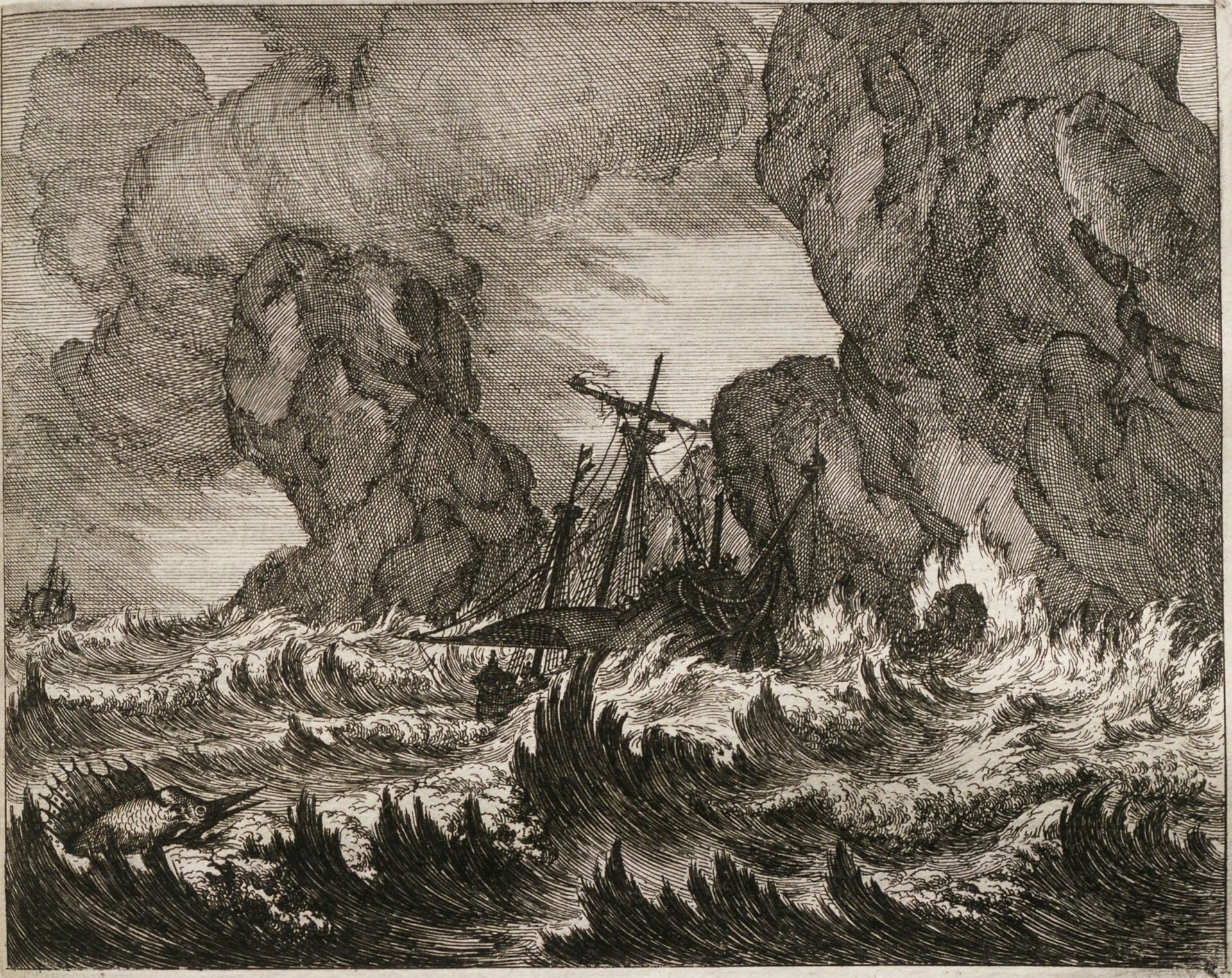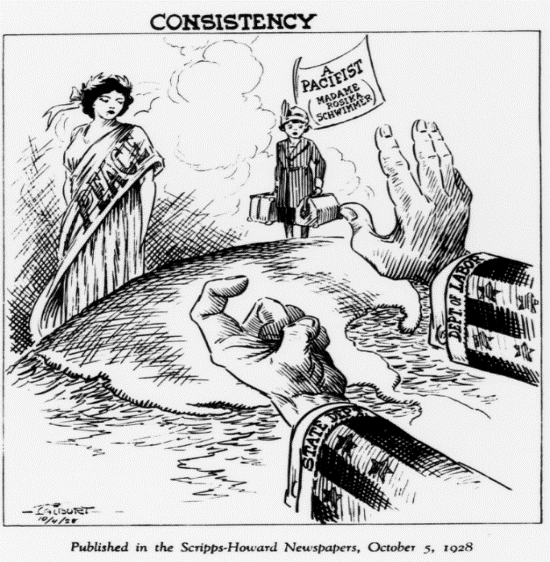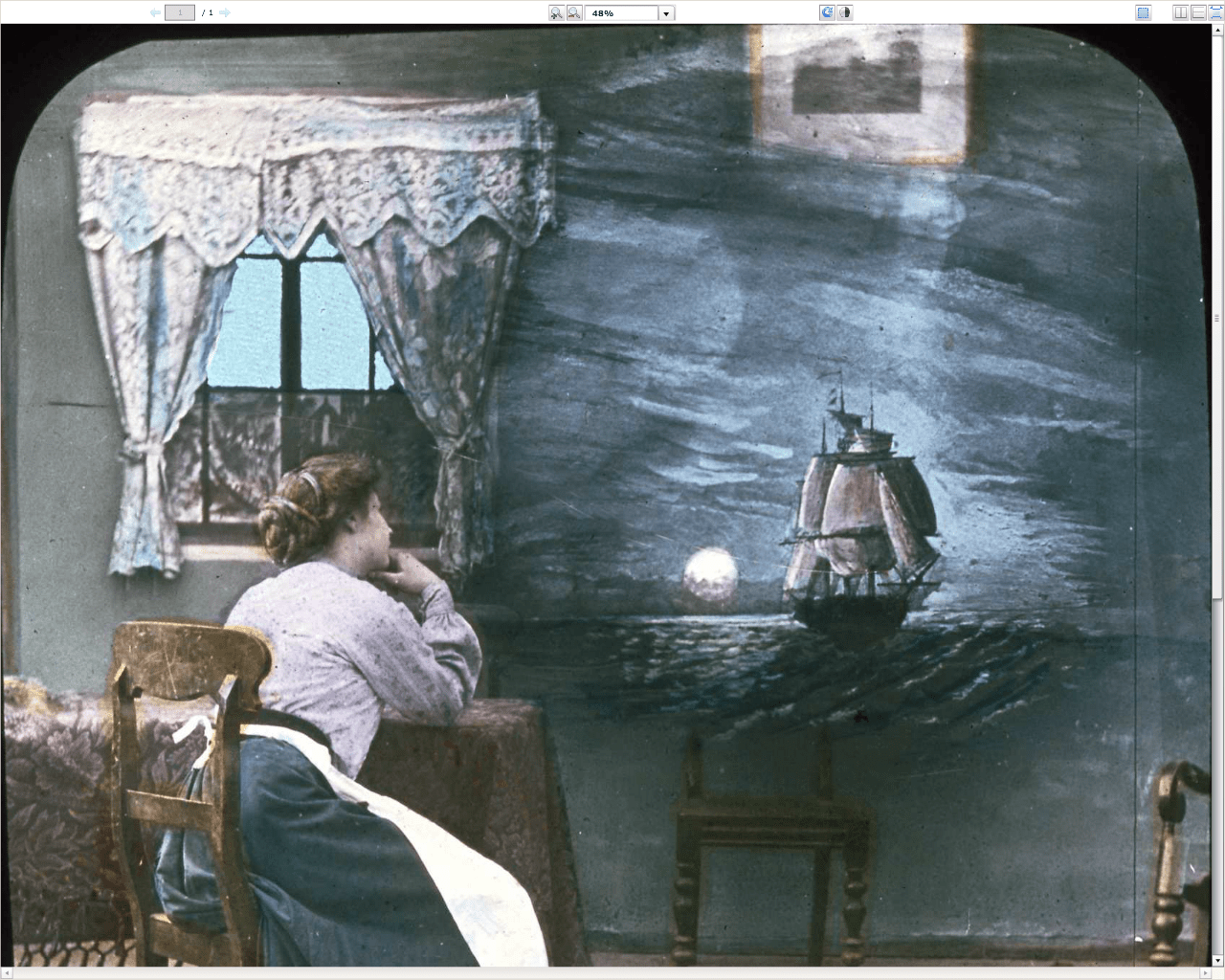By Darren Brain, Sales Representative, Victoria, Tasmania, Western Australia & Northern Territory

On 19 April 1984, ‘Advance Australia Fair’ was proclaimed as Australia’s national anthem, following many decades of debate, disagreement and campaigns for change. I used Gale Primary Sources to research more about this topic, and experienced an entertaining and enlightening journey through Gale’s extensive collection of assorted British Newspapers.
‘God Save the Queen’ (or King depending on the gender of the British monarch) had been used on ceremonial and official occasions since the federation of Australia in 1901 (when the six British, self-governing colonies agreed to unite and form the Commonwealth of Australia). In our British Library Newspapers series, I found a number of examples in the early 1900s of interest in an Australian Anthem to compliment ‘God Save The King/Queen’ including the below examples from the gossip column of the Nottingham Evening Post.




